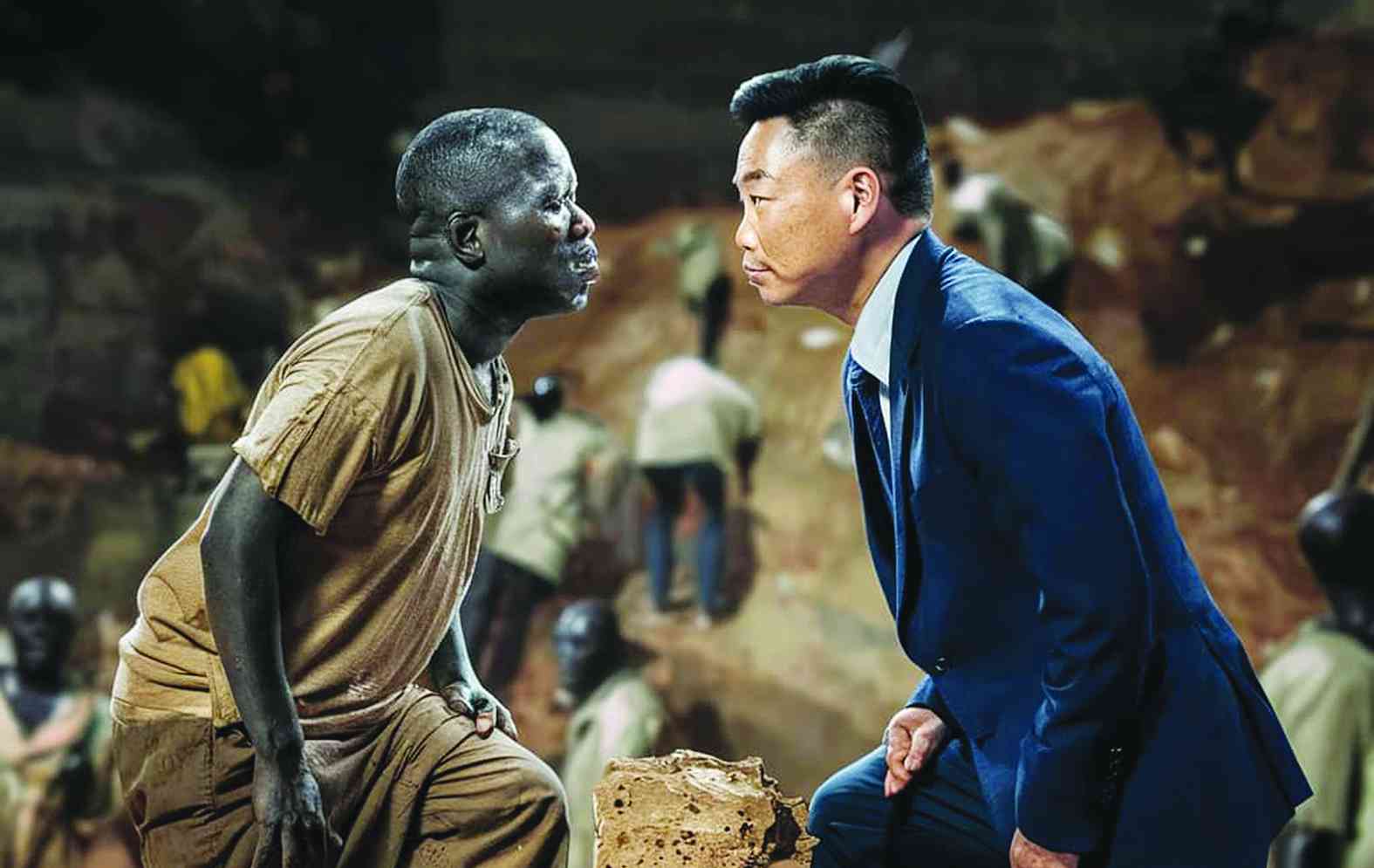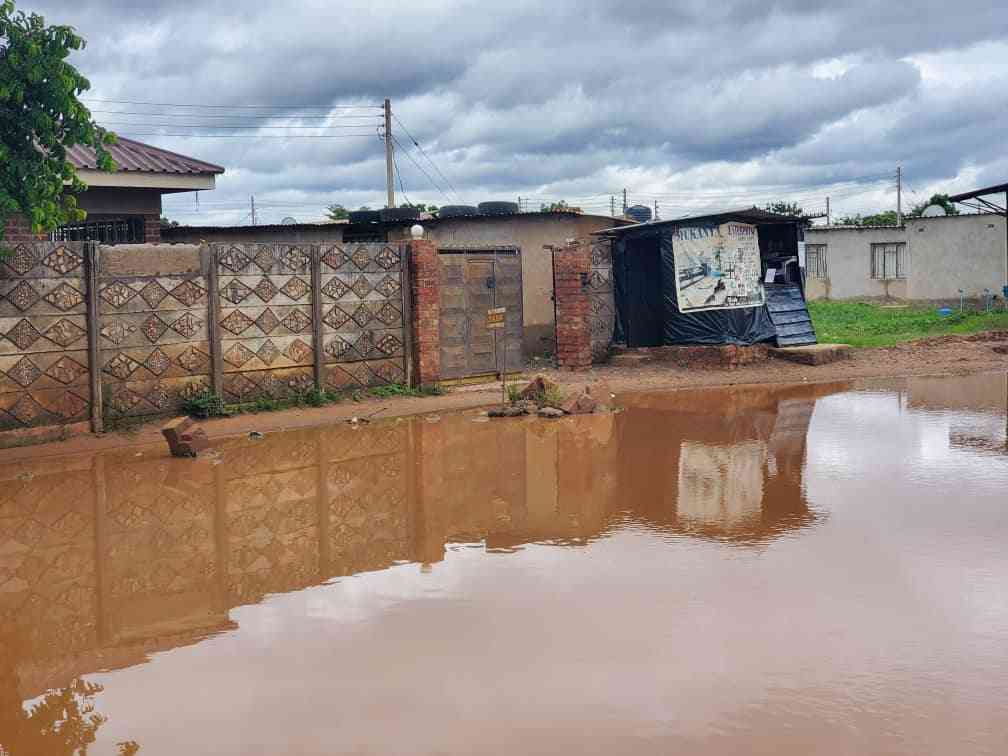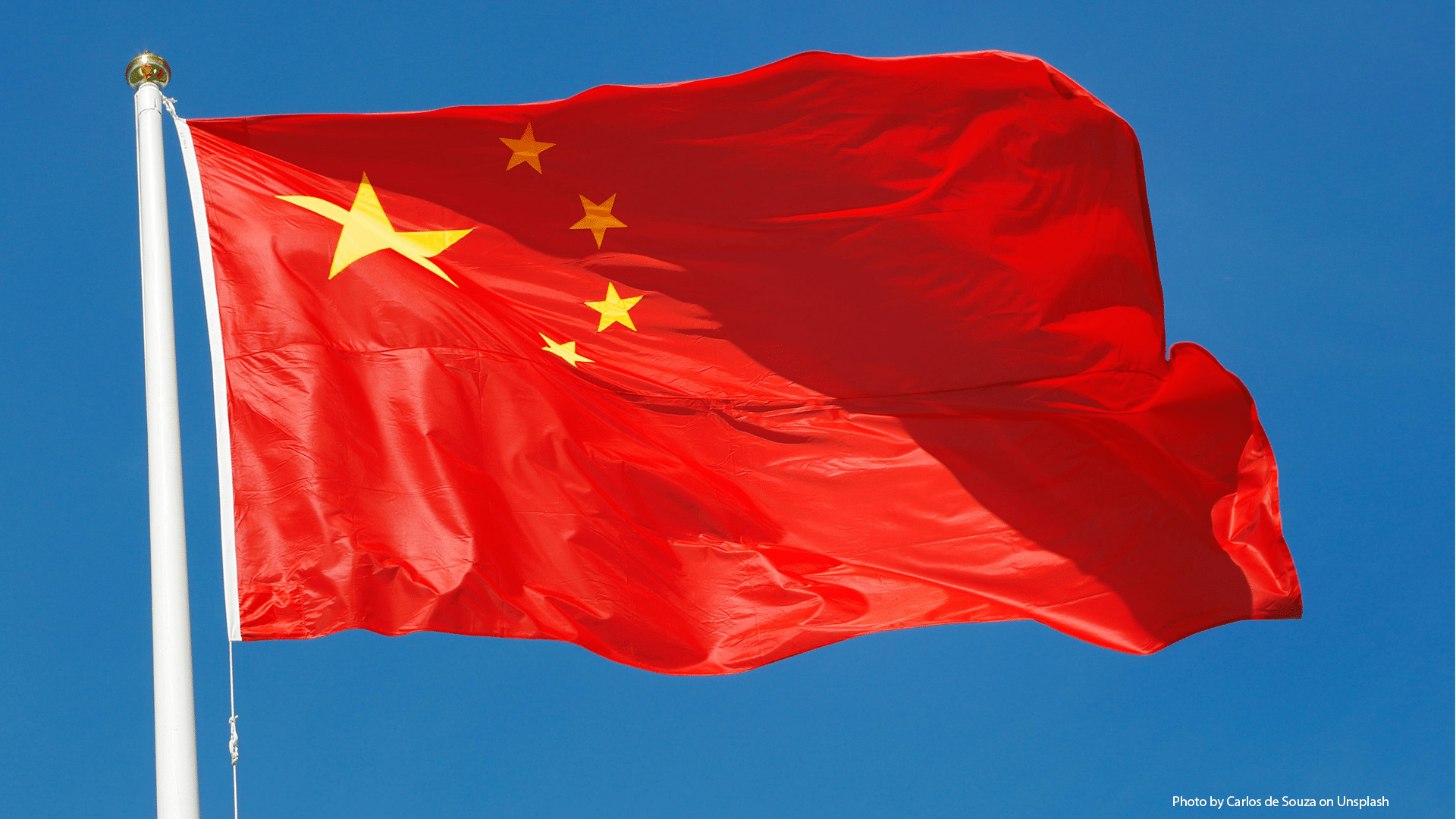
IT is too early to tell how history will view the impact of the role of China on Zimbabwe. Suffice to say as things stand, the score is an indictment on China and Zimbabwe’s political elite.
This is an exploitative relationship, with benefits flowing mostly to the Chinese and their Zimbabwean enablers.
Just as the olden day African elite profited from the sale of their kith and kin to slave traders, politicians are facilitating the modern-day subjugation of Zimbabweans and pillaging of natural resources for the benefit of Chinese traders and miners.
Writing in his seminal work Born In Blackness, Howard W French argues that “Africa has been the linchpin of the machine of modernity”.
He says slavery powered plantation agriculture and contributed to catapulting America and Europe into global capitalism.
History is being repeated. Instead of Europe and the Americas, the Chinese are the new masters.
On present evidence, it will be difficult to argue against the notion that China’s exploitation of our natural resources and labour have contributed significantly to the impoverishment of Zimbabwe.
There are over 10 000 Chinese nationals in the country, with over 33 companies holding lithium mining licences alone. Their influence far exceeds their numerical presence.
- Mavhunga puts DeMbare into Chibuku quarterfinals
- The brains behind Matavire’s immortalisation
- Bulls to charge into Zimbabwe gold stocks
- Ndiraya concerned as goals dry up
Keep Reading
The Chinese nationals and their businesses flaunt their outsized power and influence. As Alex Colville argues, “In Zimbabwe, China is powerful enough to do what it likes.”
Local communities where the Chinese nationals operate mines have been victims of abuse and lawlessness.
Those who work for them in sectors such as retail, hospitality as well as fast-food outlets have felt this raw arrogance and power.
The Chinese pay slave wages and treat their workers appallingly.
The Buja people in Mutoko, where the Chinese are extracting black granite, say their complaints about ill-treatment and damage to the environment have been ignored by politicians, who appear to be on the take.
Headmen, councillors and State security agents work hand-in-glove with the Chinese exploiters.
Locals who speak out are threatened and are now afraid to voice their frustration.
This playbook has been repeated in several communities across the country such as in the Dinde area in Hwange as well as in Mutorashanga.
Instead of being agents of development, the Chinese disrespect communities, leave a trail of hazardous pollutants, damaged roads and bridges once they have plundered and pillaged. Whole beautiful mountain ranges are being dug up with little or no effort to redress the environmental damage.
At national level, it is clear that there is no transparency and accountability when it comes to mining and other “mega deals” involving the Chinese. This opaqueness is fertile ground for corruption.
In many instances, reports indicate that after obtaining permission and licences, the environmental impact assessment (EIA) requirements are largely ignored. This is possible because someone high up choses to look the other way because of a backhander. In certain instances, EIA is not done at all.
China is now a superpower and world leader in such sectors as green energy, 5G, A1, synthetic biology and quantum computing. Zimbabwe needs win-win Chinese investments, not this feudal relationship.
We are still recovering from the effects of British colonialism and neo-colonialism, and we should stop repeating the same mistakes and hoping for different results.
A recent survey showed that the majority of Zimbabweans have a negative perception of the Chinese. In addition to everything else, they are arrogant and aloof.
Independence in 1980 was supposed to mean we were going to be masters of our own destiny. Having failed to deliver economic prosperity, our political leaders seem to think Chinese neo-colonialism and economic imperialism are better than British, French and American variants.
The Chinese have an African strategy into which Zimbabwe fits nicely. Unfortunately, Zimbabwe’s national resources and investment strategies are subverted by corrupt politicians.
Parliament and all law enforcement authorities have a responsibility to demand that the Chinese respect all our laws.
Further, communities in places where the Chinese operate must be protected through existing and/or new laws.
Parliament and civil society must actively demand transparency in new and existing Chinese investments.
Those politicians who have corruptly benefited from this modern-day slavery must be brought to book.
In fact, the bigger problem is our politicians, who seem not to read the documents they are supposed to sign. They only present themselves to sign the papers when they have no idea of what the documents contain.
Land and mineral resources are finite and thus it is crucial that there be enhanced scrutiny and accountability. Our industrial strategy must insist on beneficiation of mineral resources in partnership with global players.
Currency issues, communication, transport and power infrastructure must be sorted out to attract wini-win foreign investment in beneficiation and downstream industries.
- Trevor Ncube is the Chairman of Alpha Media Holdings and the host of In Conversation With Trevor YouTube.com//InConversationWithTrevor











